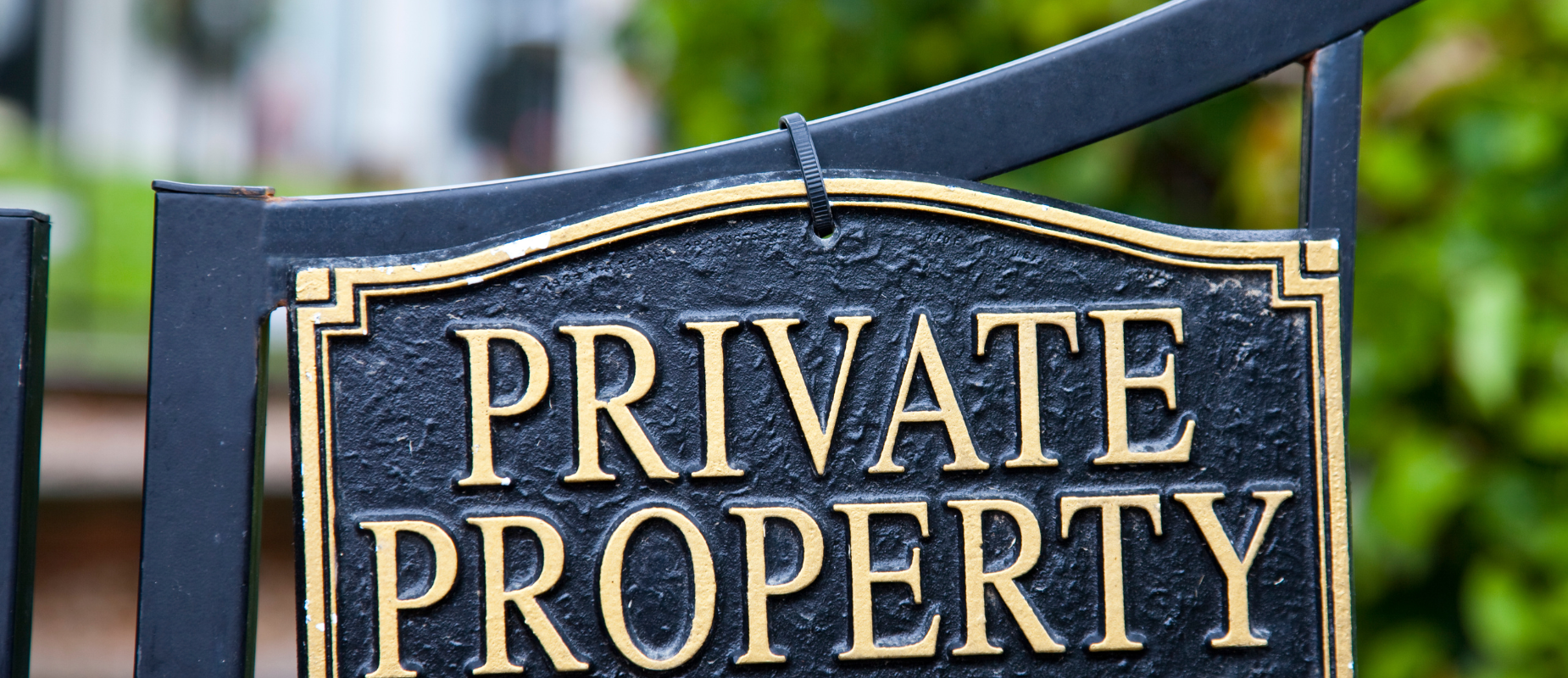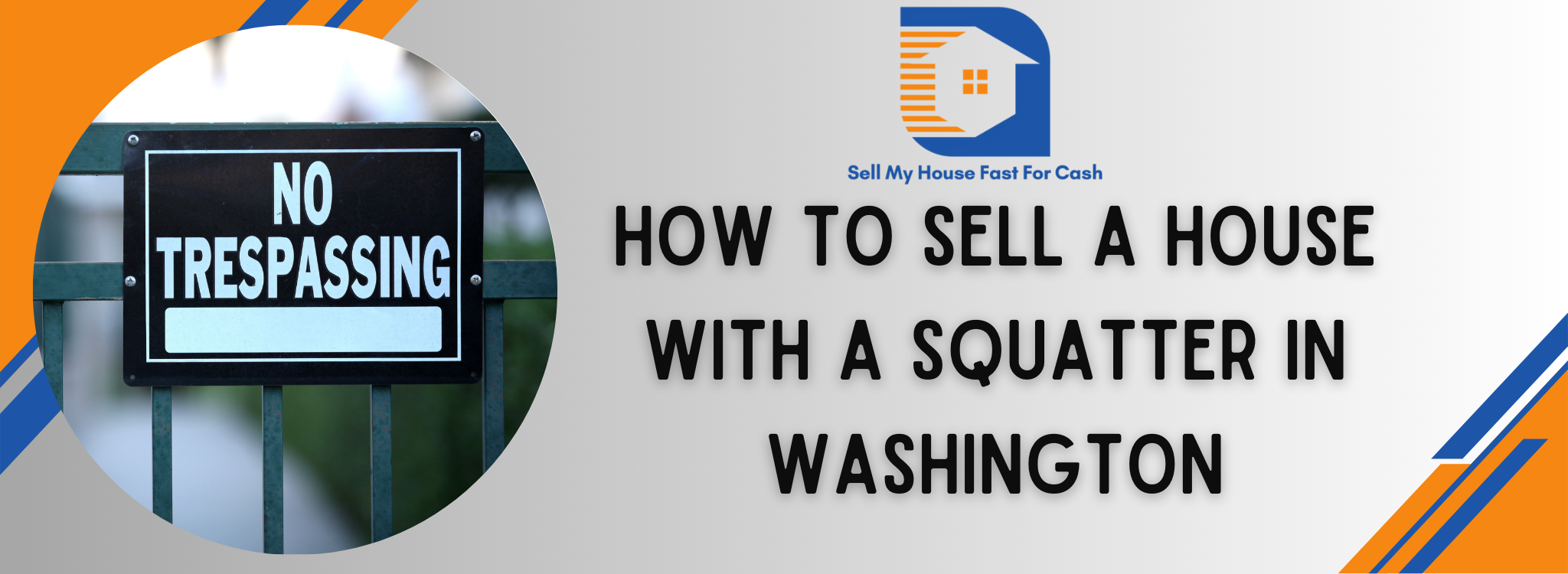
How To Handle Squatters In Your Washington Property Efficiently
What Are The Initial Steps To Identify A Squatter In Washington State?
Finding a squatter on your Washington property might be difficult, but dealing with unauthorized occupancy swiftly is critical. Begin by thoroughly investigating your property for indicators of unauthorized entry or someone residing there without your permission. Look for alterations to the property or disruptions that indicate someone is staying there. Knowing Washington property laws will help you distinguish between squatters and guests who have overstayed their welcome.
How Does Washington Law Define Squatting And Trespassing?
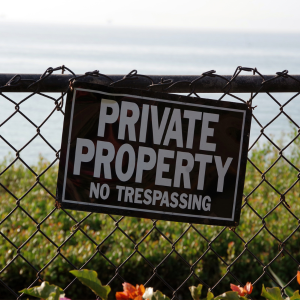
You must be familiar with the local laws to deal with squatters in Washington. According to Washington law, squatting is defined as dwelling without authority in an abandoned or disused building or plot of land. Trespassing is entering someone’s property without their consent. These are different; trespassing can lead to criminal charges, while dealing with squatters usually involves going through civil procedures to evict them.
Are There Legal Ways To Approach A Squatter In Your House?
To legally approach a squatter in Washington, you should start by trying to negotiate peacefully. If it does not work, you must go through the eviction process outlined by Washington state law. It’s a good idea to consult a lawyer who can provide personalized guidance and guarantee that your actions are legal.
Should You Contact Law Enforcement Immediately Upon Discovering A Squatter?
When you find a squatter, you must call the police immediately. If there is evident criminal behavior, take swift action. However, not all instances of squatting require immediate police intervention; many are handled by civil action. You should report squatters to law enforcement if safety is at risk but also get advice from legal experts about the best steps to take in situations that aren’t criminal.
How Does Communication With Squatters Influence The Eviction Process?
Talking to squatters can play a big role in the eviction process. Good communication can lead to quicker resolutions, and sometimes, squatters might leave voluntarily, which makes things easier legally. However, you must negotiate cautiously and follow the rules to avoid complicating the eviction procedure.
Legal Remedies For Squatters In Washington State
What Are The Legal Grounds For Evicting Squatters In Washington?
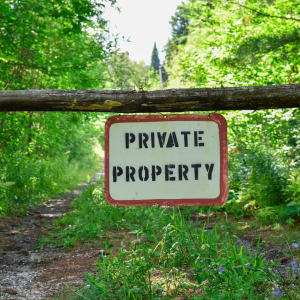
In Washington, property owners must understand the distinction between tenants and squatters. Squatters, unlike tenants, do not have a lease. To remove squatters, property owners must take precise legal action. This usually entails issuing an eviction notice to the squatters. Understanding Washington state squatter laws is critical to determining what measures can be taken against unauthorized squatters.
Does Washington State Offer Fast-Track Eviction Processes For Squatters?
In Washington, the legal process for removing squatters differs from tenant evictions. While there is a judicial procedure for evicting squatters, there is no fast-track option. Some property owners may contemplate quick sales with squatters as a solution.
How Can An Attorney Assist In The Eviction Process?
An attorney familiar with squatters’ law can benefit you. They can lead you through the lawful removal of squatters and offer legal counsel. To guarantee everything is done in accordance with state regulations, an attorney can also draft and present a correct eviction notice for squatters.
Are Court Orders Necessary For Removing Squatters?
Indeed, the legal eviction procedure calls for court warrants. Property owners must obtain legal approval for eviction via the court system. Washington landlord-tenant rules state that bypassing this stage might lead to legal problems. Legal handling of the eviction is absolutely important by following all necessary procedures.
What Role Do Local Authorities Play In Squatter Eviction?
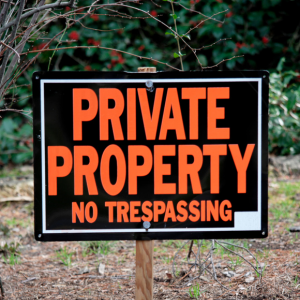
Local authorities in Washington assist in enforcing eviction orders. After a judge issues an eviction order, local police enforcement can help remove problematic tenants. This guarantees that the eviction is completed securely and legally. They are important in ensuring the legal eviction process is completed correctly.
How Long Does The Legal Eviction Process Typically Take In Washington?
In Washington, squatter removal times vary. They depend on court scheduling and case information. The legal eviction process typically includes costs, serving an eviction notice, and waiting for court dates. Knowing the dates allows property owners to plan for the necessary financial and procedural requirements.
Selling Properties With Squatters: Tips And Considerations
Is It Possible To Sell A Home With Squatters Present In Washington?
Squatters might make it difficult to sell a property in Washington. Legal disparities between tenant and squatter rights cause these issues in house sales. Selling a property with squatters is doable, but extra processes are frequently required.
What Impact Do Squatters Have On Property Valuation And Sale?
Squatters can devalue a property. Their financial impact can result in fewer offers or more difficult negotiations, hindering the sale. Sellers should consider these considerations while selecting a price and marketing their properties.
Are There Buyers Interested In Properties With Squatters?
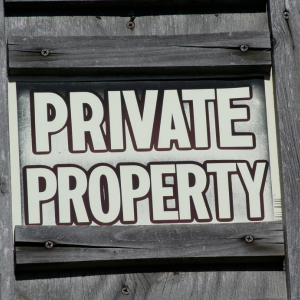
Although finding purchasers in the presence of squatters might be difficult, some investors seek out troubled properties. Buyers should evaluate the hazards and potential eviction charges when dealing with squatters. Although real estate deals with squatters are more difficult, they are nevertheless possible.
How Can You Prepare Your House For Sale Despite Occupancy Issues?
To prepare a property for sale in Washington with squatters, first address any undesirable occupants. Quick sale possibilities may necessitate legal representation to handle these concerns. Maintain the property’s cleanliness and fix any damage to attract potential purchasers.
What Disclosures Are Required By Law When Listing A Property With Squatters?
According to Washington law, squatters must be disclosed to buyers. Sellers must adhere to landlord-tenant rules and give complete disclosures. This disclosure helps avoid legal issues, and fosters trust among possible buyers.
What Strategies Are Effective For Marketing A Squatter-Occupied Property?
Selling a house with squatters necessitates imaginative marketing methods. Highlight investment prospects and provide quick solutions for resolving squatter issues. Find buyers interested in these properties through online platforms and professional networks.
Preventing Squatter Situations In Washington State
What Security Measures Can Prevent Squatting?
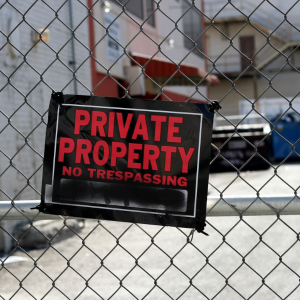
In Washington state, avoiding squatting entails utilizing adequate security to secure your property. Begin by installing robust locks on doors and windows. Adding motion sensor lights and surveillance cameras can assist in preventing trespassers from hiding. Regularly inspect fences and gates to keep your property safe and make it difficult for anyone to enter without permission. These procedures can significantly reduce the likelihood of squatters taking over your property.
How Effective Is Regular Property Inspection In Deterring Squatters?
Regular property inspections can deter possible squatters. By visiting your property frequently, you demonstrate that it is well-cared for, which may dissuade illegal visitors from remaining. Inspections allow you to detect any evidence of tampering or efforts to enter your property early, helping you to react swiftly. Staying in touch with neighbors can also assist. They can notify you if they see something suspicious. Regular checkups prevent squatting and keep your property in good condition.
What Legal Protections Can Be Put In Place To Protect Your Property?
Property owners have various legal options for preventing squatters. Understanding Washington’s landlord-tenant legislation is crucial. These laws specify how to legally handle squatting instances and carry out the eviction process. Keeping adequate documents and completing the necessary paperwork will help your legal case. Consulting a legal expert can help you better grasp your property rights and manage legal concerns efficiently. These methods can help you protect your property against illegal encroachment.
Are There Community Resources Available To Help Secure Vacant Homes?
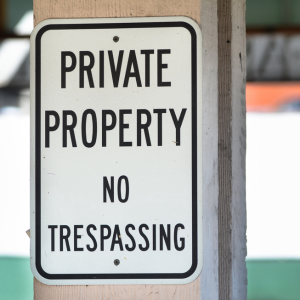
Community resources are essential for protecting vacant homes from squatters. Local governments and neighborhood associations frequently run initiatives to engage the community in property protection. Joining these projects will help keep property owners up to date on best practices and relevant resources. Neighborhood watch programs, for example, raise awareness while lowering the risk of squatting. Working with the community improves property security and creates a safer area for everyone.
How Important Is Tenant Screening In Preventing Squatter Problems?
Tenant screening is vital for preventing squatter problems. A comprehensive screening process identifies legitimate tenants and eliminates potential squatters, guaranteeing that trustworthy individuals occupy your property. Background checks, rental history, and references are essential for verifying tenant authenticity and developing a positive landlord-tenant connection. This approach lowers tenant and squatter rights disputes and promotes a harmonious living environment. Strong screening procedures are essential for protecting your property and avoiding future issues.
Financial Implications Of Squatters And Property Management
What Are The Potential Costs Associated With Squatter Removal?
Squatter removal can be expensive and time-consuming. Legal fees, court charges, and hiring someone to deliver eviction notices are common expenditures associated with squatter evictions. In Washington, the legal process for evicting squatters may involve filing a lawsuit, which might increase costs. Squatters can have a significant financial impact on your property, especially if the removal process is delayed owing to legal obstacles. Understanding legal remedies for squatters can reduce expenditures.
How Do Squatters Affect Property Taxes And Insurance?

Squatters can raise concerns about property taxes and insurance. Squatters may alter the assessed value of a property, impacting property taxes. Insurance companies may not cover squatters or deny claims on unlawfully occupied premises. Squatters can complicate house sales, impacting both the process and pricing. Understanding your rights as a property owner against squatters is crucial to protect your financial interests.
Are There Financial Incentives For Reporting Squatters?
Financial incentives for reporting squatters in certain regions, such as Washington, may exist. Understanding Washington state squatter laws can aid in dealing with these issues. It’s crucial to distinguish between tenant and squatter rights. Seeking legal guidance for squatters can help homeowners efficiently deal with squatter issues during home sales, while incentives may vary.
Can You Claim Losses From Squatters On Tax Returns?
If squatters do financial harm, you may wonder if these losses can be claimed on taxes. Consult a tax professional to help claim losses from squatters for damages or missed rent, as straight property tax adjustments may not be possible. Understanding adverse possession claims and tax consequences for squatters will help you appropriately account for any financial damage.
What Role Do Property Management Companies Play In Handling Squatters?
Property management businesses play a significant role in managing properties with squatters. They are knowledgeable about landlord-tenant legislation and dealing with troublesome inhabitants in Washington. These companies employ strategic approaches to managing tenants and squatters, including eviction services. Their expertise in property management tactics prevents future occupancy concerns and enhances the handling of squatter homes. Using these pros might save time and hassle during squatter eradication.
FAQs:
What Steps Should I Take To Sell A House With A Squatter In Washington?
Selling a house with a squatter in Washington can be tough. First, learn about local squatting laws and how to remove unauthorized occupants. You may need legal help to handle eviction procedures. Once the property is empty, repairs will be made, and then the property will be sold as part of the Washington real estate market.
How Can I Legally Evict A Squatter From My Property In Washington?
You must give proper notice and follow Washington State’s eviction laws to evict a squatter. You’ll need to prove you own the property and may want to work with law enforcement or legal experts to ensure everything is done legally.
Is It Possible To Sell A Property With Tenants In Washington?
Yes, you can sell a property with tenants in Washington. Make sure your tenants know about the sale and check their lease terms. Some buyers, like investors, may be interested in properties with tenants.
What Are The Squatting Laws In Washington, And How Do They Affect Property Owners?
Squatting laws in Washington explain the rights and limits of unauthorized occupants. To claim adverse possession, squatters usually need to have stayed continuously and meet certain criteria. Knowing these laws helps property owners protect their properties.
How Does Adverse Possession Work In Washington State?
Adverse possession lets someone claim ownership if they’ve lived on a property without permission for a set time, meet state rules, and pay property taxes. It’s wise to talk to a lawyer to understand how this might affect your property rights.
How Can I Prepare My House In Washington For A Quick Sale?
To sell a house quickly in Washington, improve its curb appeal, make needed repairs, and price it right based on the current market. Work with local real estate professionals who know the area trends and can market your home well.
Are There Tips For Selling Property In Washington’s Competitive Housing Market?
In a competitive market, highlight what makes your property special, use good photos in listings, and be ready to negotiate. Teaming up with a skilled real estate professional familiar with Washington’s market can help.
How Can I Protect My Property From Future Squatter Issues?
To prevent squatters, make sure your property is secure and checked regularly. Put up “No Trespassing” signs, keep a visible presence, and consider legal advice for extra security measures. Staying connected with neighbors and community members can also help watch your property.
Key Insights
- Ejecting a squatter in Washington can be tricky. To protect your property, know the legal steps to evict squatters.
- If you plan to sell a house in Washington, especially with a squatter, understand your rights and the necessary steps to secure your property.
- Selling a house with a tenant or without a squatter requires different approaches. We provide practical tips for both to ensure a smooth sale.
- Stay updated on the Washington housing market and the legal details of selling properties in the state.
- Managing properties in Washington includes learning to prevent squatters and handle adverse possession claims.
- Be proactive: serve notices on time and keep records to manage landlord-tenant relationships well.
- Understand the insurance challenges related to squatters to ensure you’re quickly protected when selling a house.
- Look into ways to sell property in Washington, including marketing and working with certified partners for the best exposure.
- The legal terms involved in selling a house with squatters need clarity. We offer simple explanations to help you decide.
- Protect your property from loss by learning about squatters’ rights and adverse possession to avoid problems.
Want to learn how to sell a house in Washington? We’re here to help! These insights apply across the state, whether you’re in Seattle, Spokane, Tacoma, Vancouver, Bellevue, Kent, or any surrounding area. Plus, if you’re looking for a fast, hassle-free sale, we buy houses in any condition. Contact Us at (866) 824-3222.
Get Cash For Your Washington Home Today
We buy houses in Washington 75% faster than listing with a real estate agent. Get your cash offer started today!

